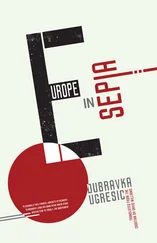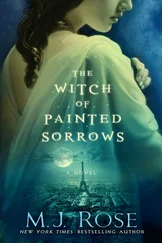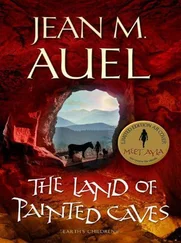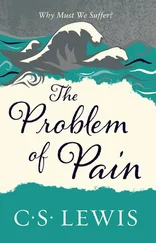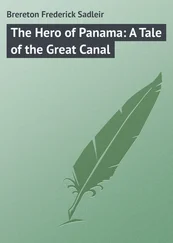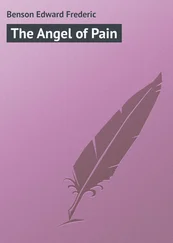The young took spontaneous shelter in dialects, which they had once despised as “bumpkinese,” or retreated into more personal speech, the parlance of their playmates or schoolmates, for instance. These were their temporary refuges from the official language that had come with the war, spreading everywhere, polluting everything. They were like the secret languages we use as children to keep grown-ups from understanding us. I-ay ust-may el-tay u-yay um-say ing-thay .
Language was our common trauma, and it could take the most perverted of shapes. I am haunted by the case of a Bosnian woman who is said to have memorized the story of her rape and repeated it whenever prompted to do so. Then rape as a form of warfare became international news, and she turned out to be the only victim capable of giving a coherent account of it. Soon she was in great demand by foreign journalists and women’s organizations, one of which invited her to America. There she traveled from city to city, spinning the tale of her humiliation and eventually even memorizing an English version of it. On and on she went — reciting a story by now several times removed from its content — like the keeners peasants hire to lament the deceased at funerals. Reeling off the painful tale like a machine was her way of deadening the pain.
I often wondered whether my Croatian, too, wasn’t starting to sound dry and colorless. There were times I felt like a student of Croatian as a foreign language. I would catch myself saying something so formulaic, so cold that my mouth might have been filled with ice cubes.
“Remember the samurai in those Japanese movies we used to watch?” Boban said one day. “Samurai don’t talk; they make faces and roll their eyes. I was always afraid they’d burst from those words they couldn’t spit out. Well, we’re like them, the samurai. We turn bright red, our eyes pop, the veins in our temples swell to bursting, and no words come out. So out comes the sword.”
The class broke into a round of applause.
“Well, well, well!” said Igor. “Didn’t know you had it in you! You beat Miloševi  in eloquence hands down!”
in eloquence hands down!”
“Right on!” cried Meliha. “And I’m a Sarajevo samurai.”
I could always count on Meliha. We never got enough of her stories about Sarajevo — the fear, the dark, the humiliation, the madness, the hatred, the living and the dead…. Meliha was a master of detail, even when describing the impenetrable darkness in the shelters during an alarm. And the stories she told. Of a woman who had gone mad when a grenade blew up her child, and spent hours rubbing her cheeks against the stucco facade of her house until her face was one live wound; of her own life before the war and the refugee camp where she was first interned and the fine old Dutchman who paid her to keep him company; of her mother, who was learning Dutch by taking care of a neighbor’s three-year-old, and was using the child’s babble to ease her way into a world without pain, to erase the recent past she so longed to forget.
We hung on her every word. No one else was willing to open up the way she was. Some were still too scared, others too ashamed; some were stymied by the guilt of not having experienced the war, others by the horror of the experience.
In the end, the hue and cry back home over the “national substance” of language was both a pack of lies and the gospel truth; in the end, my students had an easier time saying what they had to say in languages not their own — English and Dutch — even though their command of both left much to be desired. The mother tongue — the “tongue of the clan,” the language that, as the Croatian poet’s ecstatic verse would have it,
Rustles, rings, resounds, and rumbles
Thunders, roars, reverberates—
the mother tongue had suddenly appeared to them in an entirely new light. From here the “substance” was more like linguistic anemia, verbal exhaustion, a tic, a stammer, a curse, an oath, or just plain phrasemongering.
“Hey, everybody!” Meliha burst out one day. “Fuck language! Let’s just talk!”
And suddenly the ball was rolling again.
At the DepartmentI felt somewhat of a stowaway. I made several attempts at setting up an appointment with Cees Draaisma, the chair and my “host,” and he always said, “Yes, definitely. It’s just that I’m terribly busy at the moment. If there are any practical matters that need seeing to, Dunja will help you, I’m sure.”
Dunja, the secretary of the Department, was Dutch. She was married to a Russian. Her real name was Anneke. Anneke looked like a large, listless seal. Surrounded by dusty plants, she basked in her aquarium of an office, occasionally gracing visitors with a blank gaze. Nothing could get a rise out of her: she would answer any question I might have with a reluctant “yes” or “no” or play deaf.
“We were going to have a talk about my course,” I said to Draaisma several times by way of reminder.
“Slavs are natural-born teachers,” he would say in the voice of a football coach.
I couldn’t tell whether the remark was meant in jest or in praise.
“Ines sends her regards. As soon as she tidies up the back-to-school mess, we’ll have you to dinner, okay?”
Draaisma was only confirming what I’d heard from Ines each time I phoned her. (“You’ve got to come and see us. But not till the dust settles. You’ve no idea what a bother children are. I can’t even get to the hairdresser. Now you, you’ve got it made. I tell you what. You run round to all the museums and then we’ll have you over.”)
The fifth floor, where the Department was, consisted of a long dark corridor and fifteen closed doors. From time to time I saw a colleague slipping into his room and paying me no heed. Anneke kept the door to the departmental office closed, and it often sported a Back Soon sign. I finally stopped trying to see Draaisma. The only living being I saw with any regularity was the plump Russian lecturer. She would be sitting at her desk behind a half-open door, moving her lips as if eating an invisible sandwich or reading something to herself.
“Zdravstvuite,” she would say shyly if our eyes met.
Only once did a colleague knock on my door.
“May I come in?” he asked.
“Please do,” I said.
“So you’re our new colleague.”
“You might say so.”
The man held out his hand.
“Glad to meet you. My name is Wim. Wim Hoeks. I teach Czech. Czech language and literature. Last door on the left.”
I liked him immediately.
“I wonder why Cees hasn’t introduced you to anybody.”
“Oh, it’s probably because I’m here for only two semesters.”
“So what? It would only have been right.”
“I suppose it’s academic etiquette here.”
“Well, we Dutch do take our time. It’s a few years before we invite anyone home. Privacy is a great excuse for all kinds of things, including this inexcusable rudeness. ‘It’s not that we’re unwilling; we just don’t want to impose.’”
“Really?”
“Welcome to the most hypocritical country on earth!” he said. “Now tell me, how are things going?”
“Fine.”
“And what are you teaching?”
“For the time being I’m just getting to know the students.”
“Miroslav Krleza is a great writer,” he said.
“Your Czechs are no sluggards, either.”
“What about the weather? Foreigners always beef about our weather.”
“Well, it’s not the Caribbean, but…”
“Aren’t you bored?”
“Why do you ask?”
“Because this is the most boring country on earth!”
Читать дальше
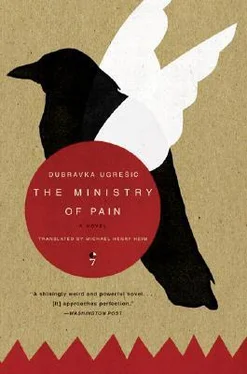
 in eloquence hands down!”
in eloquence hands down!”
